IT STARTS WITH WATER
In 2003, Liberia emerged from a long and devastating civil war that took the lives of hundreds of thousands of people and displaced millions. The country suffered massive destruction and the very fabric of society was torn apart; infrastructures were in ruins - roads, buildings, health clinics, communications networks, schools, farms and factories were almost totally destroyed. With an 80% unemployment rate; extreme poverty with average earnings of $1 a day; no electricity; no running water or sewage system; and an inadequate education system, the country had enormous needs.
It was a conflict that forced Saran Kaba Jones and her own family to flee the devastation when she was just 8 years old. In 2008, a then 26 years old Saran, returned to her home country and saw the remnants of war and its attendant ills. She witnessed acute poverty and the debilitating effect it had on the young, elderly, weak and strong. She felt helpless in the face of tragedy and unnecessary deaths, an occurrence that was frustratingly routine all over Liberia. She promised herself that she would work to contribute to the improvement of the human condition of her people. Saran, along with many others began the difficult process of trying to rebuild their society... one piece at a time.
IT BEGAN WITH FUND A CHILD’S EDUCATION (F.A.C.E.)
FACE Africa was born from the ashes of this conflict, out of a need to help others reclaim the means to build a better life and prosper. It began with Fund a Child’s Education (FACE) but we quickly realized that one of the major impediments to education was the lack of access to safe drinking water. Children were not showing up to school for extended periods of time, severely hampering their development. We discovered that, in a majority of these cases, a child had contracted one of the many illnesses caused by unsafe water or that the school’s facilities were inadequate to attend to a child’s sanitation needs.
Furthermore, the issue of water scarcity prevents many young children, especially girls, from attending school and receiving an education. They are expected to not only aid their mothers in water retrieval, but to also help with the demands of household chores that are made more time-intensive because of a lack of readily available water. A lack of safe water means the absence of sanitary facilities and latrines in schools, and so once puberty hits, this has a more serious impact on female children. In terms of lost educational opportunity, it is estimated that this would result in 272 million more school attendance days per year if adequate investment were made in drinking water and sanitation.[12]
UNSAFE WATER INHIBITS ECONOMIC GROWTH
Through further research, we began to understand that unsafe water effects more than just education. Health concerns place a disproportionate amount of pressure on a government whose resources are already limited when dealing with such problems. Unsafe water severely inhibits the economic growth of a country because time that could be better used towards producing goods for sale is unavailable due to illness or fetching water from contaminated water sources located miles away. In Africa alone, people spend over 40 billion hours every year, walking for water. Poverty is directly related to the accessibility of clean drinking water- without it, the chances of breaking out of the poverty trap are extremely slim.
So, the social and economic consequences of unsafe water penetrate into realms of education, opportunities for gainful employment, physical strength and health, agricultural and industrial development, and thus the overall productive potential of a community, nation, and/or region. Because of this, the UN estimates that Sub-Saharan Africa alone loses 40 billion potential work hours per year collecting water.
The UN estimates that Sub-Saharan Africa alone loses 40 billion potential work hours per year collecting water.



